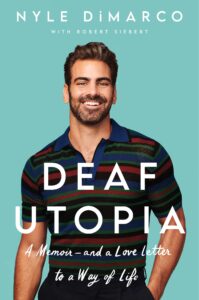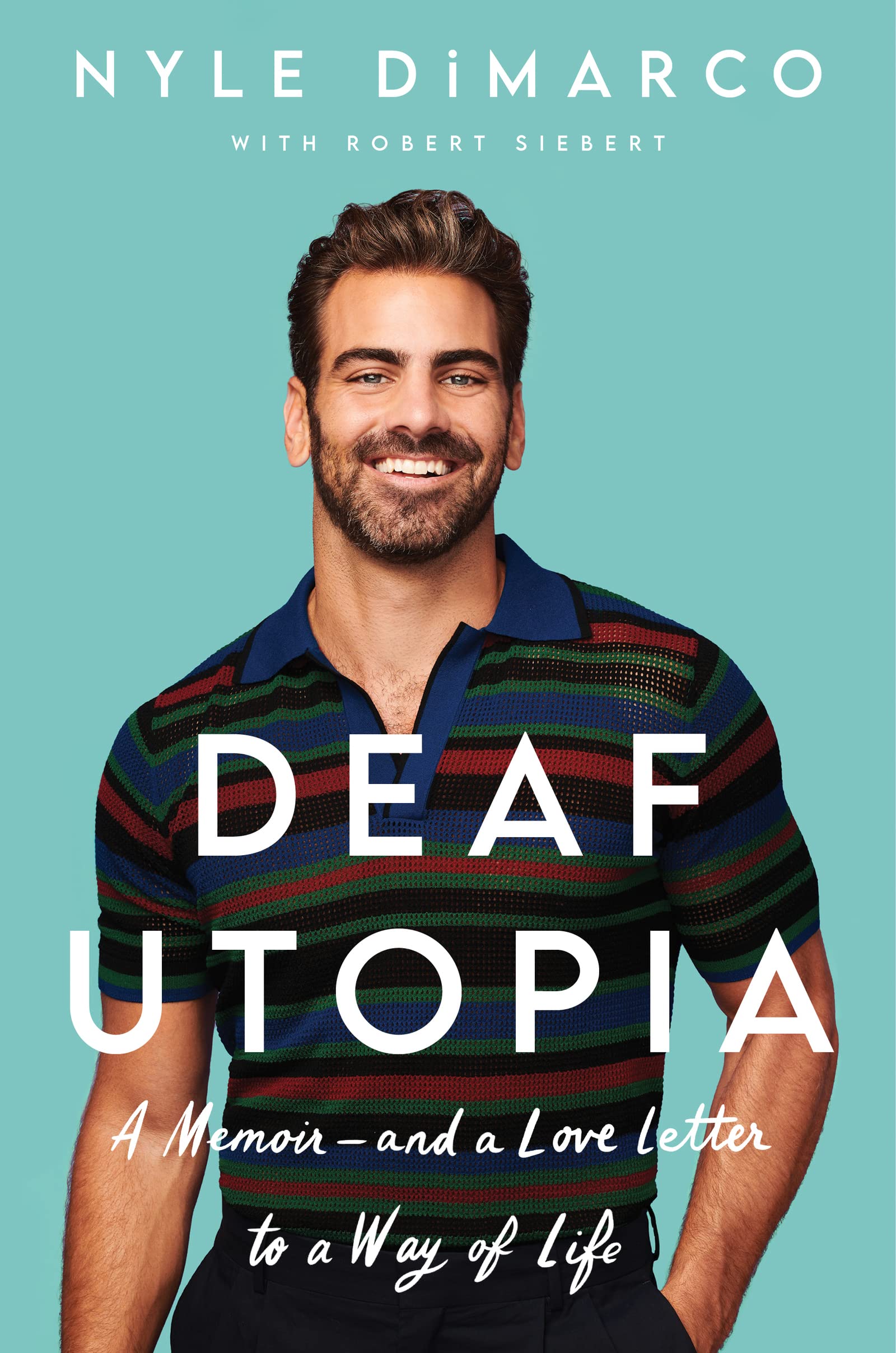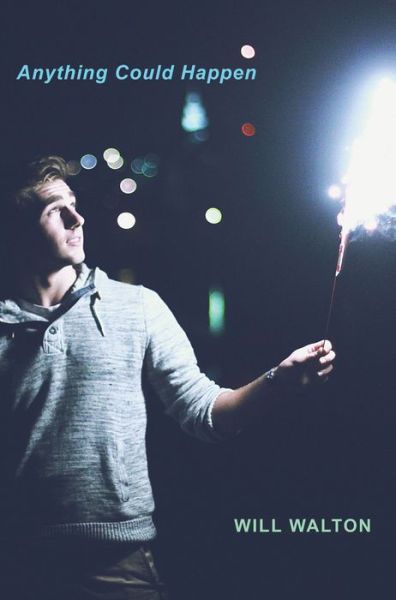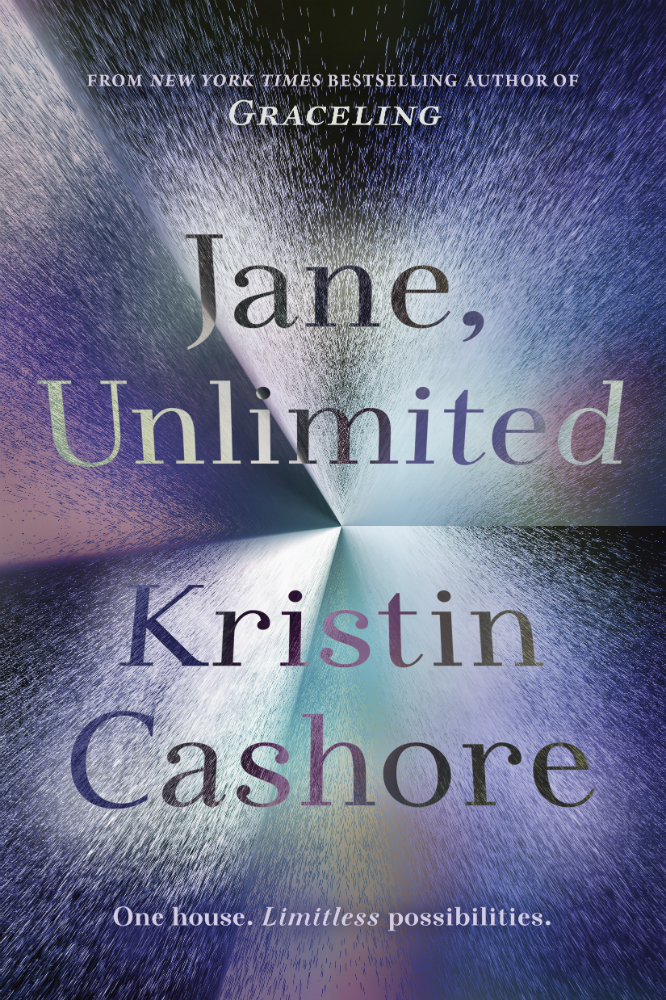 Even though I am not Deaf, American Sign Language (ASL) has had a special place in my life for as long as I can remember. Growing up, my mother worked three jobs to support us, one of them as the full-time and on-call maintenance person at an assisted living facility. I was a talkative youngling (my uncle lovingly called me motor mouth), and that led me to make a lot of friends with the residents. My absolute favorite was Edna, a Deaf woman who loved to play cards and helped me with my math homework. I would spend nearly all day, every day in the summer with Edna while my mother worked, and I was even often dropped off at her door in the middle of the night when my mother had to make an emergency call to another apartment. Edna was one of my favorite people (she let me play with her TTY machine, which I didn’t fully understand, but it sure was fun!), and I found my love for ASL through her. I picked up a lot of common phrases, particularly for playing cards, the alphabet, how to count, etc., just through osmosis. She never taught me, but I was learning nonetheless.
Even though I am not Deaf, American Sign Language (ASL) has had a special place in my life for as long as I can remember. Growing up, my mother worked three jobs to support us, one of them as the full-time and on-call maintenance person at an assisted living facility. I was a talkative youngling (my uncle lovingly called me motor mouth), and that led me to make a lot of friends with the residents. My absolute favorite was Edna, a Deaf woman who loved to play cards and helped me with my math homework. I would spend nearly all day, every day in the summer with Edna while my mother worked, and I was even often dropped off at her door in the middle of the night when my mother had to make an emergency call to another apartment. Edna was one of my favorite people (she let me play with her TTY machine, which I didn’t fully understand, but it sure was fun!), and I found my love for ASL through her. I picked up a lot of common phrases, particularly for playing cards, the alphabet, how to count, etc., just through osmosis. She never taught me, but I was learning nonetheless.
Time went on, and eventually, my mother switched jobs. Since I was old enough to care for myself while she was at work, I filled my own days and naturally drifted from spending time with Edna. It wasn’t until I was out of college, 15 or so years later, that I learned she had died. I hadn’t seen her in so long, but a strong and profound sadness came over me, almost akin to the loss of a family member. I remembered our time together so fondly and, for whatever reason, was suddenly so keen to get that amazing feeling back even though I didn’t know I had lost it. I signed up for ASL classes the very next day.
I had never connected my love for ASL to my time with Edna until I started taking classes and my professor asked each of us why we were there. I fumbled through a clumsily signed retelling of Edna and our card games and math sessions. I teared up a bit as I remembered her and realized her impact on the younger me had been more profound than I knew. I tell you all this because Nyle’s book made me feel the exact same way.
Deaf Utopia is a beautiful and unique tale of the DiMarco family and the love and struggles they experienced together. Growing up in a world where the majority of folks don’t know how to communicate with you and society doesn’t believe you need the tools to be exactly who you are is unimaginable to me, but through the lens of Nyle’s story, it felt all too real. It made me question everything I thought I knew or remembered about my friend Edna, who was even older than Nyle, and the struggles she must have gone through to learn ASL. Every single word feels very thoughtful and intentional, the stories relatable yet not, the struggles familiar but not. I really commend Nyle for the amount of honesty he puts on the page.
My favorite part of the book is the inclusion of written ASL, a.k.a. ASL gloss. In an attempt to show the (likely) hearing reader how Nyle would’ve communicated the stories himself (the book is translated into written English by friend and coauthor Robert Siebert), the duo adds words in all caps to denote the words one would use to sign. It is a brilliant and very, very effective way for someone interested in Sign Language to ingest the language in a different way and for someone like me, a student always learning, to reinforce what I already know and hopefully strengthen my signing skills. I have never read another book that includes ASL gloss, so I cannot compare, but I think the achievement speaks for itself – pun intended.
Whether or not you currently have or have had an Edna in your life, I highly recommend you pick up Nyle’s memoir. It deepened my love for a community and a language I am constantly amazed by and proud to be even the tiniest, tiniest part of, even if from the outskirts. Deaf Utopia could do the same for any of you. Sign Language isn’t universal, but the themes and stories Nyle shares could absolutely help it become so.
An advanced reader’s edition of this book was provided by the publisher, HarperCollins, for review.



